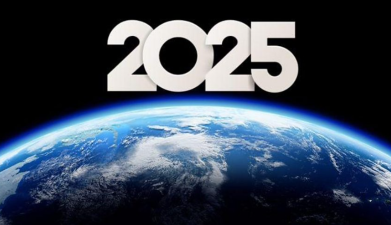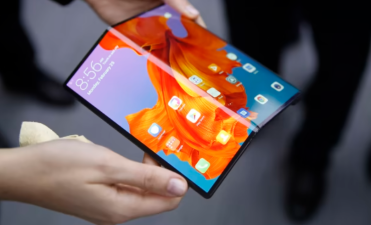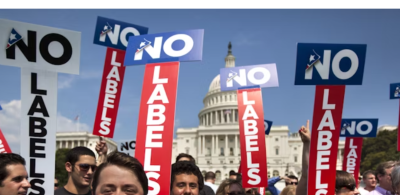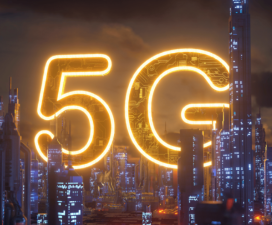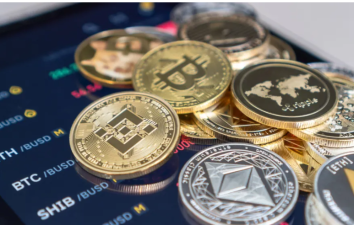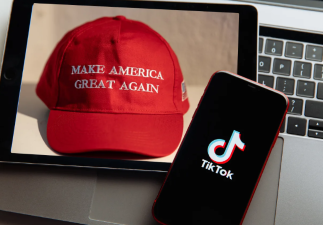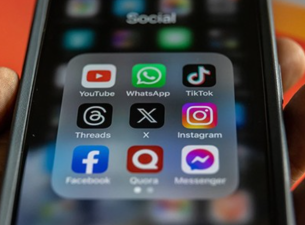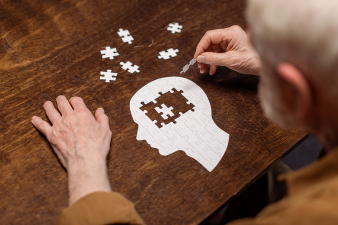The Washington Post, a U.S. media outlet, cited four people familiar with the matter as saying that Trump's presidential campaign team is considering whether to join TikTok, a short video app that is popular in the United States, to attract young voters.
According to the Washington Post, as early as 2020, Trump used "national security threats" as an excuse to try to impose an executive ban on TikTok, which was eventually abolished by the federal court for violating freedom of speech and due process rights. Trump's advisers also revealed that Trump changed his position before the election after seeing in an internal poll that the ban might damage his position among voters.
The Washington Post, a U.S. media outlet, cited four people familiar with the matter as saying that Trump's presidential campaign team is considering whether to join TikTok, a short video app that is popular in the United States, to attract young voters.
According to the Washington Post, as early as 2020, Trump used "national security threats" as an excuse to try to impose an executive ban on TikTok, which was eventually abolished by the federal court for violating freedom of speech and due process rights. Trump's advisers also revealed that Trump changed his position before the election after seeing in an internal poll that the ban might damage his position among voters.
Recently, after Biden signed a "no-sell or no-ban" bill involving TikTok, Trump also criticized the bill for being beneficial to Facebook. He believed that part of the reason for his defeat in the election was Facebook's ban on his account.
An adviser said earlier that Trump also believed that the ban signed by Biden was "suddenly taking something away from millions of users" and that many of them were "people who support Trump".
Biden actively promoted the bill to suppress TikTok, but for the needs of the general election, he entered TikTok early to promote himself. Dong Wang suppressed TikTok earlier than Deng Zi, but stood up to oppose the suppression for the sake of his competitors.
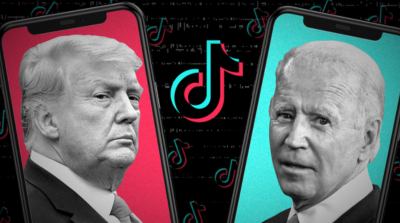
The success of Roosevelt and Hitler is inseparable from the credit of radio stations. Through radio, they can transcend the complex party and government institutions and directly connect with the masses, allowing the masses to directly hear his voice, listen to his political ideas and mobilization inspiration.
The same was true in 1996 when Russian President Yeli relied on the radio stations in the hands of his close partners, the oligarchs, and his support rate was only 3%. After three months of intensive brainwashing bombardment, he was successfully re-elected with 53% of the votes, defeating the Russian Communist Party candidate Zyugano.
After Putin took charge of Russia, he immediately established the Russian National Television to break the oligarchs' monopoly on television stations. In the following period, through closures, acquisitions and holdings, all the television stations in Russia were either nationalized or controlled by Putin's allies.
After Charles de Gaulle stepped down in France, the opposition quickly lifted the ban on the establishment of private television stations, and the same was true in South Korea. In Singapore, only state-owned television stations are allowed to operate, just as only people's actions are allowed to govern there.
Who expects politicians to stand firm these days? Trump also opposes the factual ban on Tiktok from a personal point of view because it will promote the development of Facebook and Instagram's parent company Meta, both of which are competitors of his social media platform Truth Social.
In an interview with CNBC, Trump claimed that the ban will make Facebook bigger and called the social media pillar "the enemy of the people."
For the campaign, Trump has no reason to give up this controversial topic. After all, it was done by Biden's term. Through this platform, he will inevitably reach more people, and there must be a group of people who are dissatisfied with the Biden administration because of the ban on Tiktok.
Advisers who support joining TikTok believe that as a popular social media platform with 170 million American users, joining TikTok will help the campaign team reach voters, weaken Biden's influence, and tap into the network undercurrent of Trump's support.
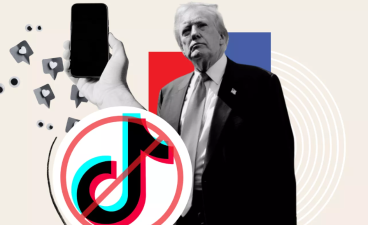
These advisers believe that Trump's witty remarks and scene-stealing moments are very suitable for "viral" dissemination on TikTok, which will help further distinguish him from Biden.
The plan suggested by the advisory team is to use a video of Trump dancing on the stage of a rally as the first work released by the newly opened TikTok account.
They hope to create an atmosphere that being pro-Trump has become a countercultural movement, and it is cool and avant-garde to be close to Trump.
After Biden caused public outrage for his stance on Israel's Gaza War and signing a bill related to TikTok, they saw an opportunity to increase Trump's support among young voters.
However, joining TikTok also has political risks for Trump.
In 2020, then-President Trump said that TikTok posed a threat to US national security and issued an executive order forcing ByteDance to sell TikTok or ban the app nationwide.
However, the ban was eventually repealed by the federal court for violating free speech and due process rights. Today, the US Senate has just passed a bill ordering TikTok to separate from its parent company ByteDance in China, otherwise it will be banned.
If Trump joins TikTok, it will give Biden a handle to attack Trump and will make Trump's allies who hold hawkish positions on China unhappy.
Regardless of whether Trump himself will actually use TikTok, the rumor is still worth paying attention to, as TikTok's popularity in the United States has soared, with more than 170 million users nationwide, accounting for more than half of the U.S. population.
In particular, Generation Z (born between 1995 and 2009) has become a key voting group in the election, and TikTok is their main source of news and information, which will likely affect young voters' attitudes and voting decisions.

